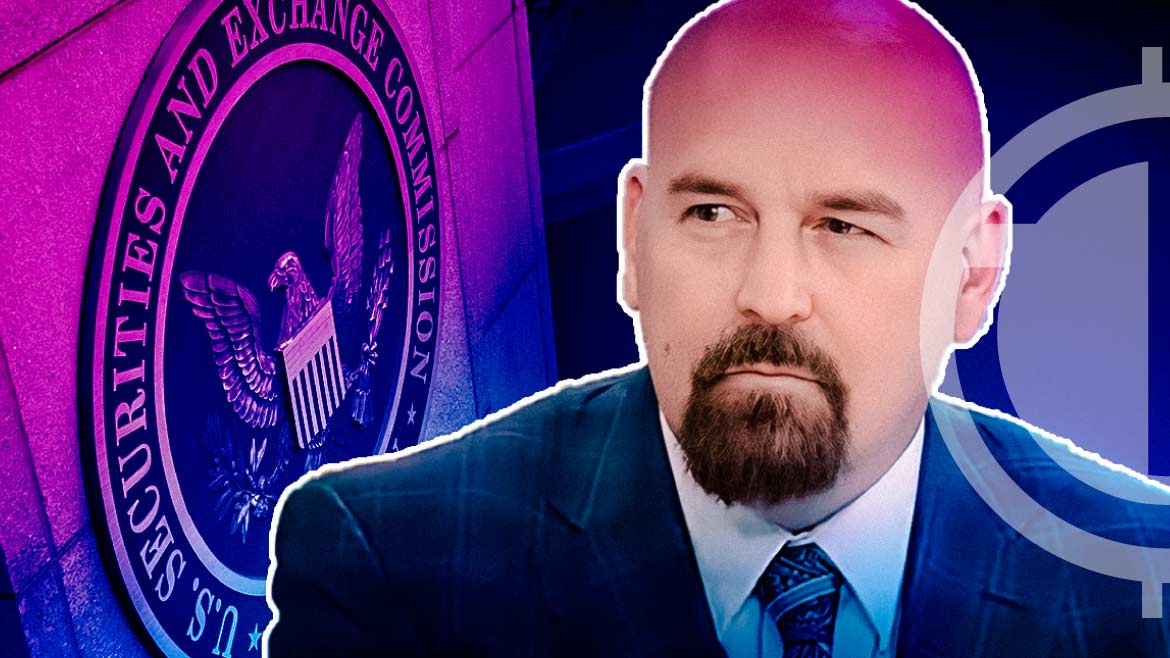
Crypto lawyer John Deaton recently took to Twitter to reject the ridiculous arguments made by the U.S. Securities and Exchange Commission (SEC) against Ripple, where it asked the court to validate its claim that the blockchain firm had engaged in a nine-year-long, ongoing initial coin offering (ICO) that allegedly runs 24/7.
Let me repeat what I wrote to Judge Torres:
— John E Deaton (@JohnEDeaton1) May 5, 2023
“The SEC asks this Court to validate its shorthand and analytically lazy contention that Ripple has engaged in the functional equivalent of a nine year-long, on-going, 24/7 ICO, and that each and every sale of XRP, from anywhere in the https://t.co/gFnr5VJMIo
Deaton’s comments came earlier today when he got involved in a Twitter debate regarding the validity of the SEC’s lawsuit against Ripple and the latter’s alleged unregistered securities offering. Those supporting the SEC argued that Ripple had fair notice regarding the consequences of its XRP offering, citing internal memos from the blockchain firm.
John Deaton defended Ripple’s actions by reiterating that the fair notice defense sought by the firm was valid. He reminded everyone that fair notice has to be analyzed on an objective standard and not a subjective one. He further pointed out that the SEC’s attempts to label secondary XRP sales as a violation of securities laws were baseless.
After going back and forth with SEC supporters, Deaton published a lengthy Twitter thread explaining his side of the argument. He argued:
The SEC’s XRP theory is so far-fetched, it travels through space and time, into the future, capturing all possible future sales, even in far-away lands.
The crypto lawyer called attention to the fact that the SEC was essentially trying to label every sale of XRP, from anywhere in the world, offered by anyone, was, is, always has been, and always will be, the offer and sale of a security. This argument negates the legal requirement for the regulator to prove every instance of XRP sales since every transaction may not qualify as an unregistered securities offering.
According to John Deaton, the securities regulator is not allowed to shortcut the Howey analysis by alleging that every sale of XRP from the beginning of time until the end of the world meets all three Howey prongs and therefore doesn’t have to offer specific transactional evidence. He reminded everyone that the Howey test would have to be applied to each transaction and “examined as of the time that the transaction took place.”














